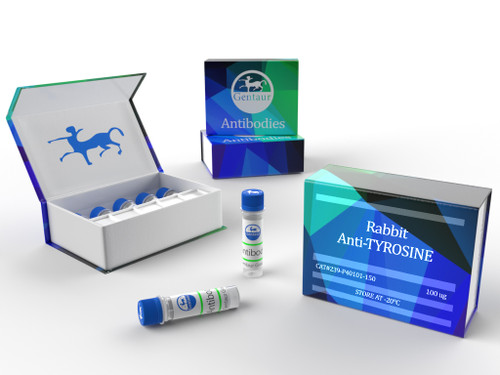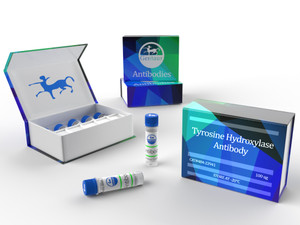Antibodies that detect Tyrosine Hydroxylase can be used in several scientific applications, including Western Blot, Immunocytochemistry, Immunohistochemistry (Paraffin), Immunohistochemistry (Frozen) and Immunohistochemistry. These antibodies target Tyrosine Hydroxylase in Human, Rat, Mouse, Many and Zebrafish samples.
Our Tyrosine Hydroxylase monoclonal, polyclonal, recombinant monoclonal and recombinant polyclonal antibodies are developed in Rabbit, Mouse, Goat and Sheep. These antibodies have been verified by Cell treatment, Relative expression and Knockdown to confirm specificity to Tyrosine Hydroxylase. Find the Tyrosine Hydroxylase antibody that fits your needs. Choose from 1 of 56 Tyrosine Hydroxylase antibodies, which have been validated in experiments with 72 publications and 260 images featured in our data gallery.
Browse primary antibodies for WB, Flow, IHC, ICC/IF, ELISA, IP, and other applications. Antibodies with Advanced Verification data have been validated for specificity to ensure that the antibody binds to the antigen stated. If you cannot find the antibody you're looking for, contact us today to develop custom antibodies for specific targets, species and applications.







